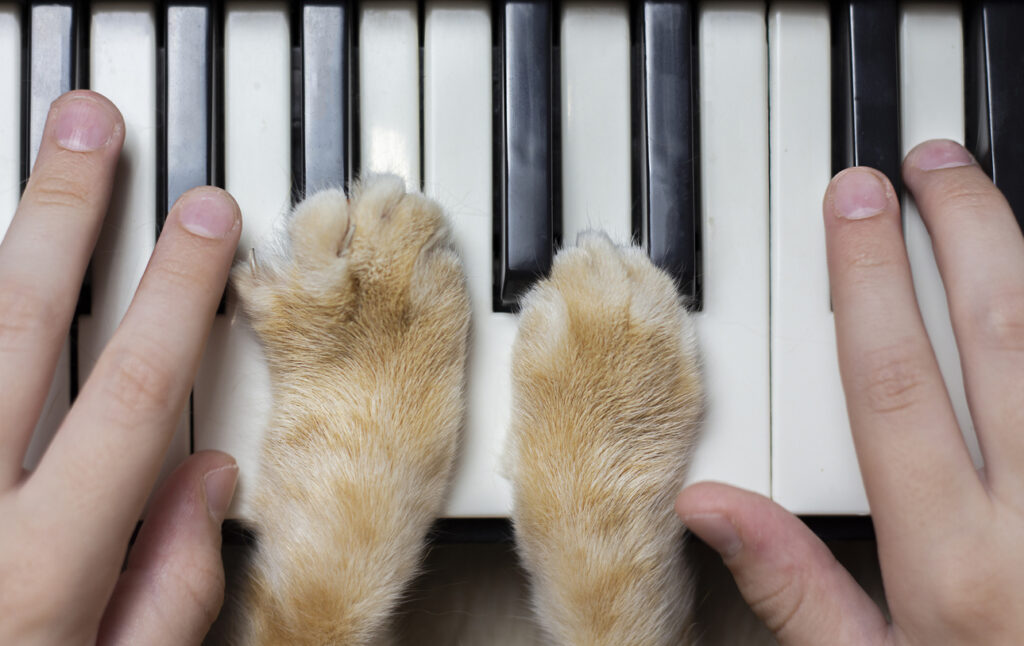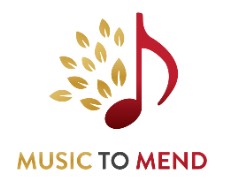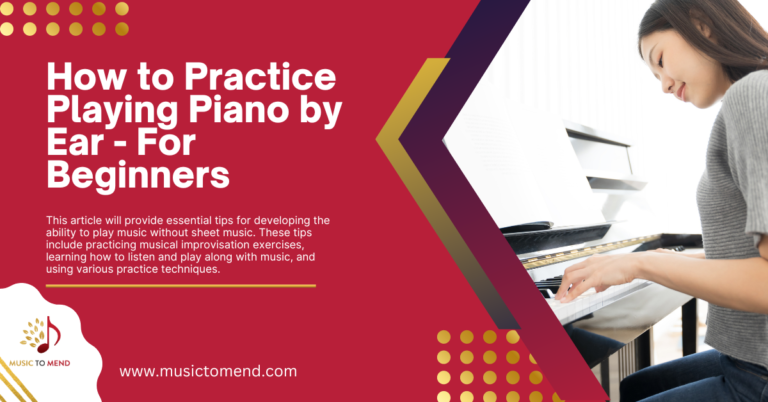The Basics of Improvising on the Piano – Key Scales & Chords – Play Piano by Ear
If you think learning to play the piano by ear is too hard, then think again! With a little perseverance, a lot of desire and a willing heart, you can learn to play the piano by ear. As someone who has been playing piano by ear for many years, I can teach you how to play your favorite songs in a shorter amount of time than learning regular classical piano.
Improvising on the piano is an incredibly rewarding skill. It involves understanding harmony, chords and scales, and being able to express yourself musically with your own unique style and voice. Whether you’re playing jazz or classical music, getting started with improvisation can be a daunting task. But with practice and dedication, it’s possible to develop your own style and sound that will bring out the best in your playing. Today we’ll look at some of the key techniques for piano improvisation so you can get started on your journey to becoming a great improviser.
Improvisational tools and exercises are essential for building confidence and creativity on the piano. By practicing improvisation, musicians can develop their own unique sound, learn how to use their instrument in a creative way, and gain the skills necessary to be able to perform confidently in any situation.
Improvisation on the piano involves learning how to play chords, scales, and arpeggios; developing keyboard soloing techniques; improvising melodies; and creating original compositions. With these skills, pianists can create music that is both interesting and expressive. Improvising also helps pianists develop their ear for music as they learn how to listen for patterns in music.
By taking the time to practice improvisational tools and exercises on the piano, pianists can become more confident performers with a greater understanding of the instrument.

What are Piano Key Scales & Chords?
Piano key scales and chords are essential components of playing the piano. They are used to create melodies and harmonies, as well as to provide structure for improvisation. Scales are a group of notes that follow a specific pattern, while chords are two or more notes played together. Knowing how to play scales and chords will help you develop your skills as a pianist. Chord progressions use these scales and chords to create musical phrases and patterns, while major scales are the foundation for most popular music genres. With practice, you can learn how to use these elements in your own compositions and performances! Knowing how to play scales and chords will help you develop your skills as a pianist.
Developing Your Ear as a Piano Improviser
Developing your ear is a key skill for any piano improviser. Listening to jazz recordings and creating improvised solos based on what you hear is an important part of learning how to play jazz piano. Ear training exercises are essential for beginners in jazz piano playing, as they help develop the listening skills necessary for successful improvisation. This ear-training exercise is designed to improve your ability to recognize intervals and chords. You will need a piano or keyboard, a metronome, and an audio recording of jazz piano improvisation.
How Changing Your Approach Can Help You Learn Piano Faster Using Chords
Learning to play the piano can be a daunting task for many people. However, by changing your approach and using chords, you can learn to play piano faster. Chords are a great way to quickly learn and play the piano as they provide an easy way to create interesting sounds with minimal effort. By understanding how chords work and applying them in your playing, you can make quick progress in learning the piano.
Playing with chords is a great way to improve your playing ability on the piano. It allows you to play faster and more accurately, as well as develop your ear for music. Chords can also help you to understand the structure of music better, allowing you to create more complex pieces.
How Playing the Piano Helps with Physical Injury & Illness
For those of us living with a chronic health condition, learning to play the piano can be a great stress reliever. Whether you have RA, Lupus, Depression or Anxiety, playing the piano can be a game-changer! You’ll feel better because you’re creating new tunes and melodies.
Playing the piano has been used for centuries as a form of therapy to help those with physical and mental ailments. It has been found to be beneficial in aiding physical injury rehabilitation, providing relief from chronic illness, and helping to reduce stress and anxiety. Music therapy has been used in hospitals and clinics worldwide as an effective way to treat various health issues. Through playing the piano, individuals are able to gain a sense of control over their body and mind that can help them cope with their physical or mental condition.
I hope you enjoyed this article.
Until next time, stay well and happy piano-playing,
Bea







